S3 Episode 3: Science and Meaning: From ‘Cultured Meat’ to the March for Science with Dr Neil Stephens

In this episode James and Will welcome Dr Neil Stephens, Associate Professor in Technology and Society at the University of Birmingham. Neil discusses his interest in meaning-making in and around science. This includes his 15+ year study of ‘cultured meat’; the processes of its scientific and technological development, how religious authorities have been involved in these processes, and the broader epistemological, ontological and sociological implications cultured meat raises. We go on to discuss the March for Science and how participants found meaning and community in the activity. More broadly, we discuss the value of borrowing concepts from different disciplines, and what Science and Technology Studies (STS) and Science and Belief scholars can learn from one another.
(This episode was recorded in January 2023)
This podcast is 55 minutes and 30 seconds long.
The keywords associated with this episode are:
- Meaning-making
- Cultured Meat
- Science and Technology Studies (STS)
- March for Science
- Collective Effervescence
To learn more about Neil’s work, we recommend you check out:
| Stephens N, Sexton AE and Driessen C (2019) Making Sense of Making Meat: Key Moments in the First 20 Years of Tissue Engineering Muscle to Make Food. Front. Sustain. Food Syst. 3:45. doi: 10.3389/fsufs.2019.00045 Stephens, N., Vrikki, P., Riesch, H. & Martin, O. 2021. ‘Protesting populist knowledge practices: collective effervescence at the March for Science London.’ (E-pub ahead of print) In: Cultural Sociology. Riesch, H, Vrikki, P, Stephens, N, Lewis, J & Martin, O 2021, ‘“A moment of science, please”: activism, community, and humor at the March for Science‘, Bulletin of Science, Technology and Society, vol. 41, no. 2-3, pp. 46-57. https://doi.org/10.1177/02704676211042252 Stephens, N., & Lewis, J. (2017). Doing laboratory ethnography: reflections on method in scientific workplaces. Qualitative Research, 17(2), 202–216. https://doi.org/10.1177/1468794116678040 |
